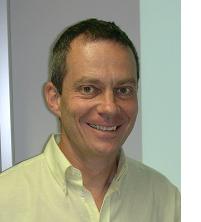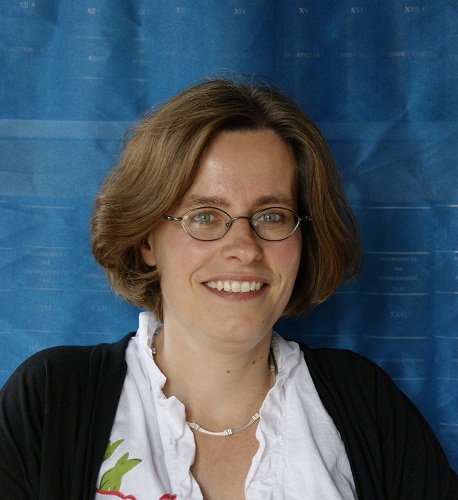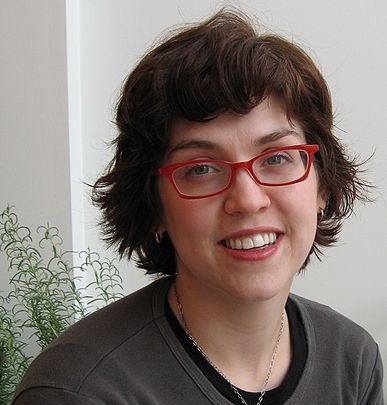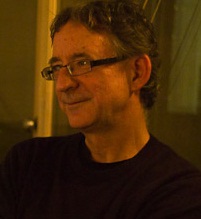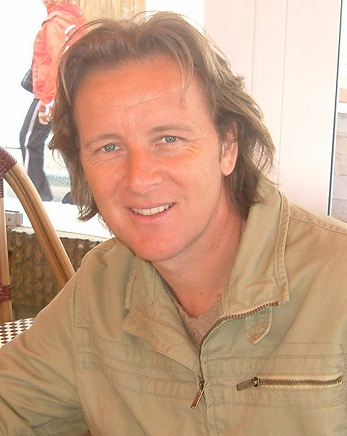
 |
Round tableWill there still be dictionaries in 2020?
The e-lexicography conference series is premised on the idea that print-based dictionaries will largely disappear, as content migrates to digital media. But what sort of future does the dictionary have in any medium – is the e-dictionary just another step on the way to extinction, or will older modes persist alongside new types of resource? PANELISTS
The round table was moderated by Simon Krek. |
|||||||||||||||||||||||||||||||||||||||||||||||||||||||||||||||||||||

This work is licensed under a Creative Commons Attribution-ShareAlike 4.0 International License.
